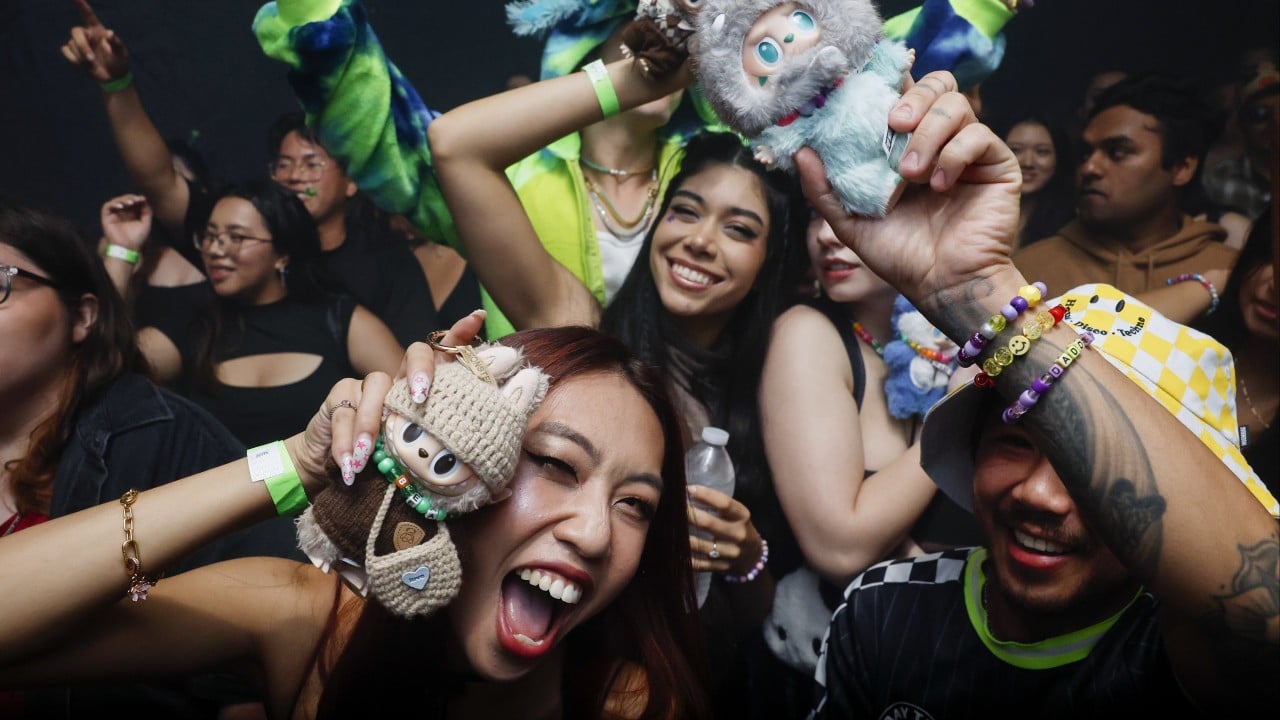Call them China’s Sputnik moments: DeepSeek. BYD and Xiaomi cars. A robot Olympics in Beijing. Huawei’s resurgence. And Labubu.
Advertisement
Labubu did its job. The little gremlin doll made it clear that a brand being from China is no longer shorthand for cheap. Pop Mart has built trust to such an extent that company management is now forecasting US$4 billion in sales this year. So what’s next?
Not more Labubu. The next chapter is bigger and more industrial than Pop Mart. Brand muscle is spilling into places we do not usually treat as consumer stories: batteries, cars, drones, biotech, even infrastructure. Chinese companies are competing on trust as much as on hardware.
A year ago, “Xiaomi makes cars” sounded like a headline gimmick. Even so, its brand-savvy CEO Lei Jun is reportedly planning even larger investments overseas after revealing that the company had delivered more than 300,000 vehicles as of July, just 15 months after its launch. Inside that story is a broader shift.
Inside Xiaomi’s brand story sits another name consumers are beginning to recognise: CATL batteries. If you travel through airports in China, you will see advertisements for CATL plastered across innumerable billboards. CATL holds roughly 38 per cent of the global electric vehicle (EV) battery market, and with fellow EV manufacturer BYD it accounted for more than half of first-half 2025 installations.
Advertisement
When the component inside becomes a name you ask for, you have crossed from cost advantage to brand advantage. This is a microcosm of the change happening in the Chinese business mindset more broadly.

